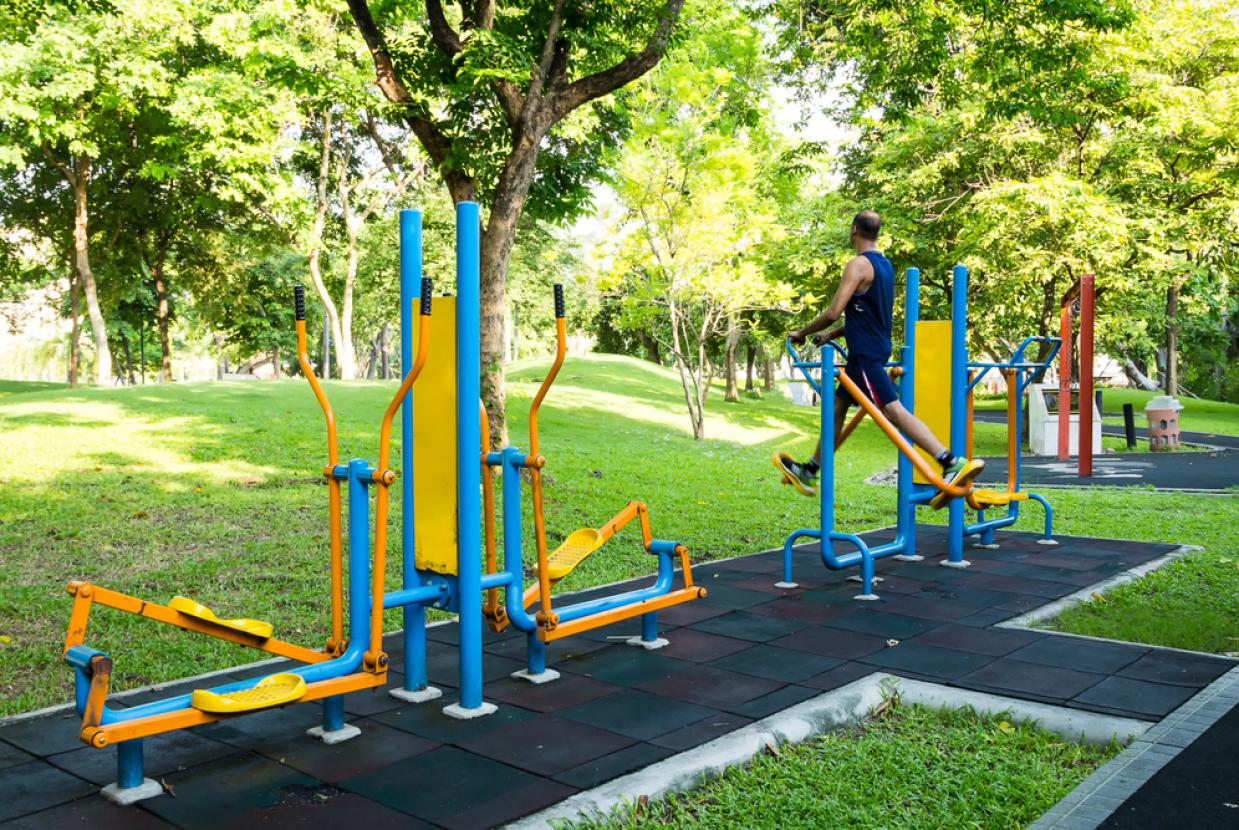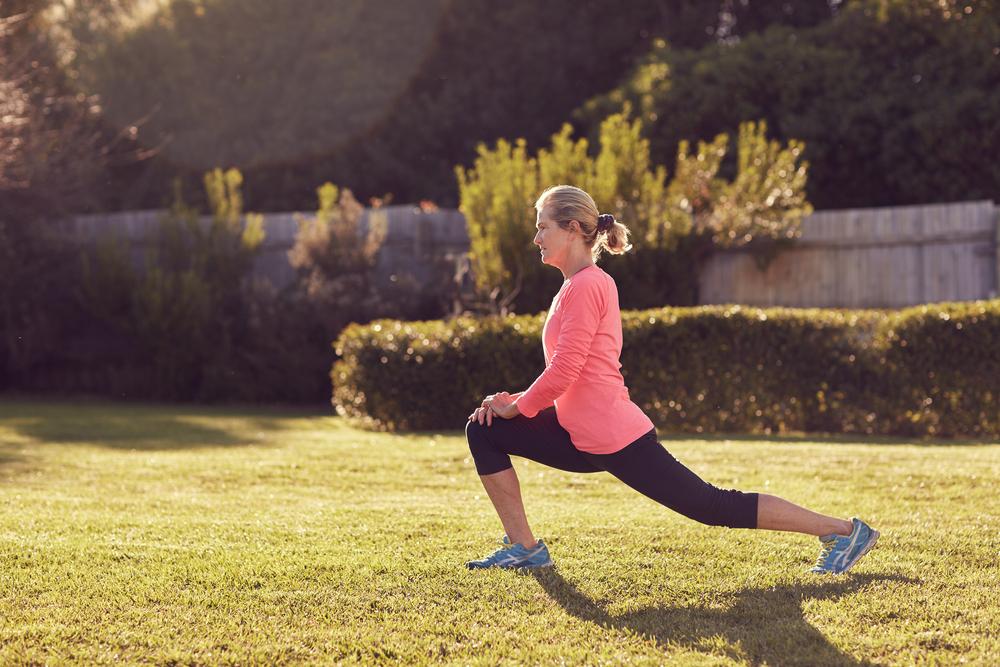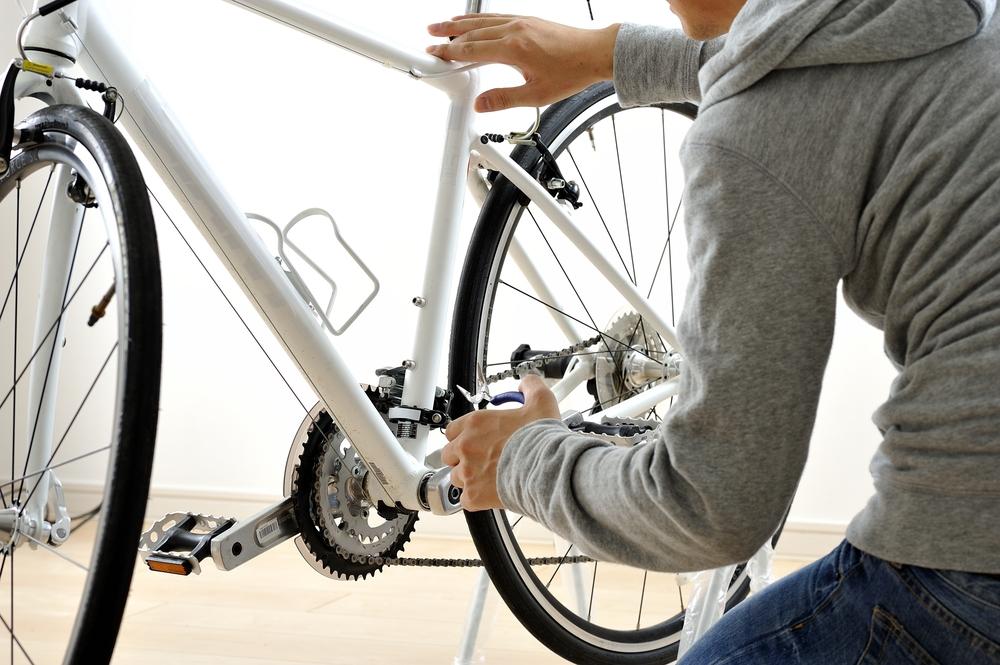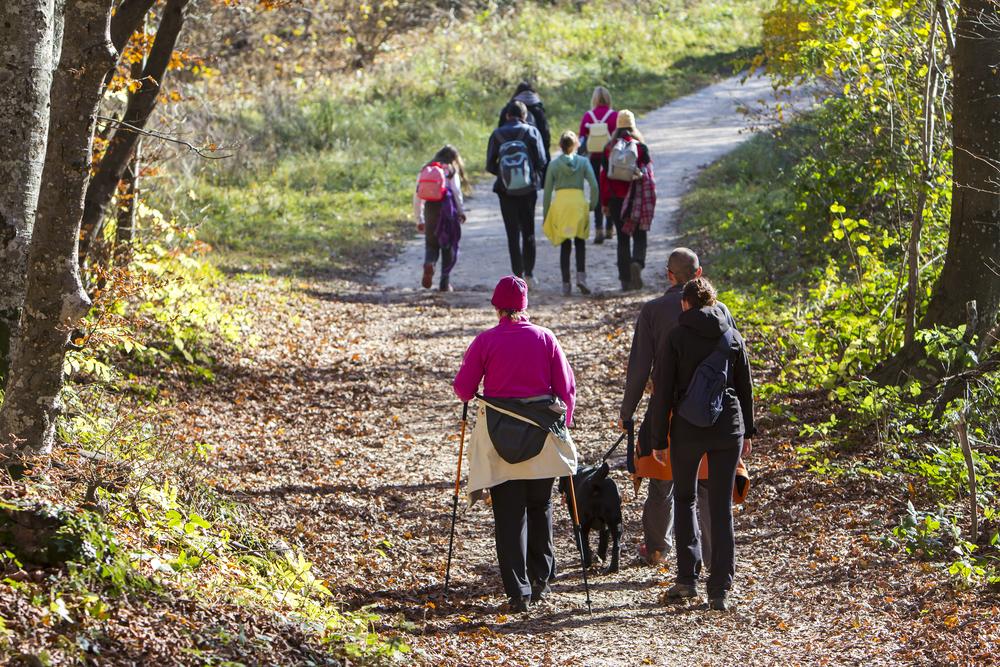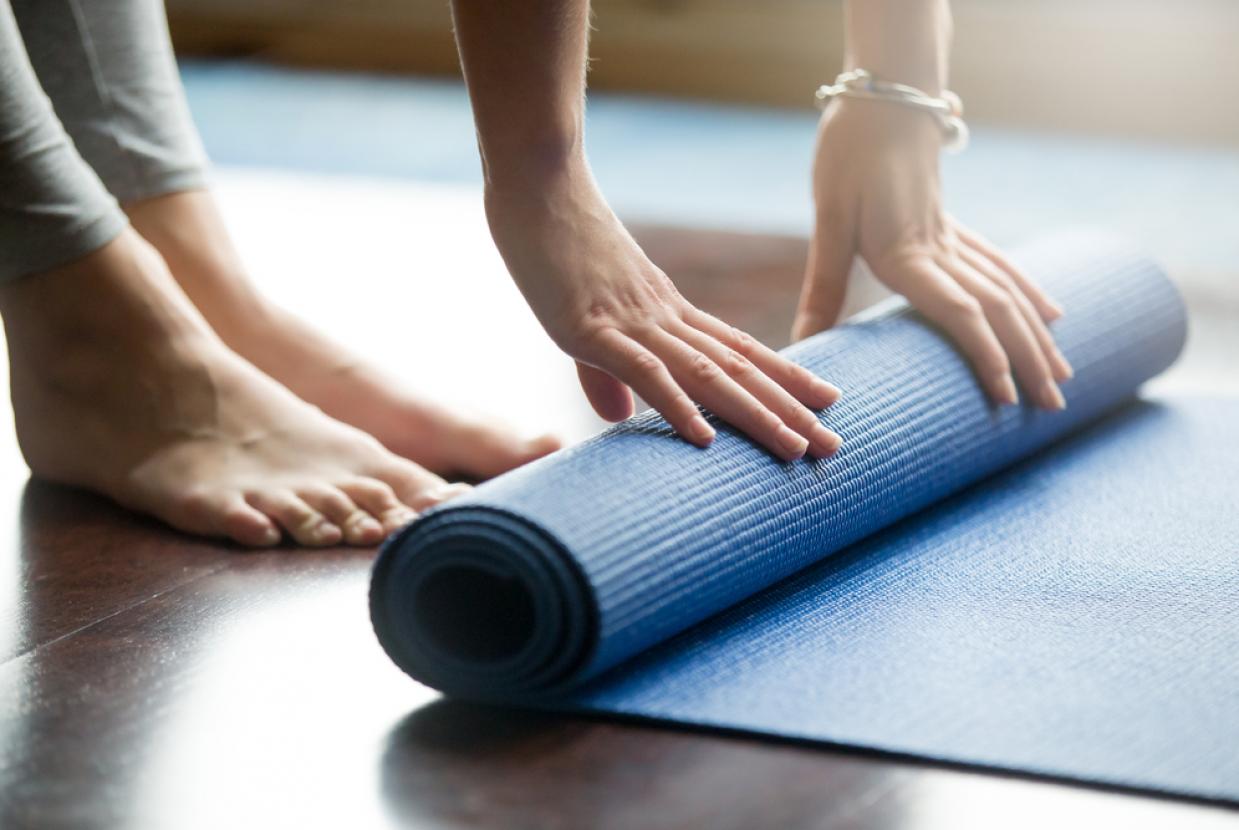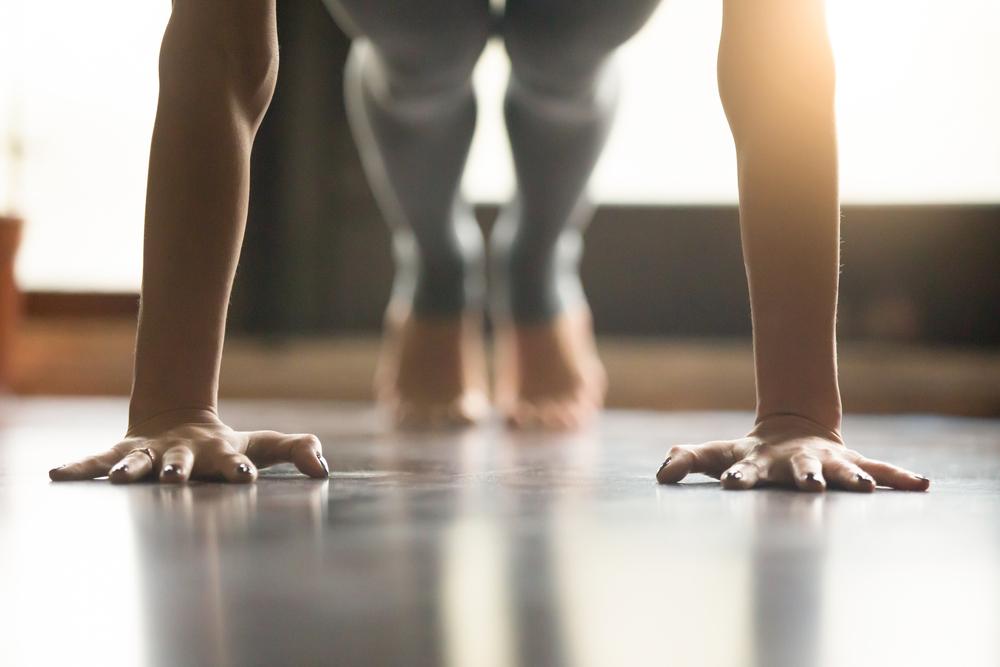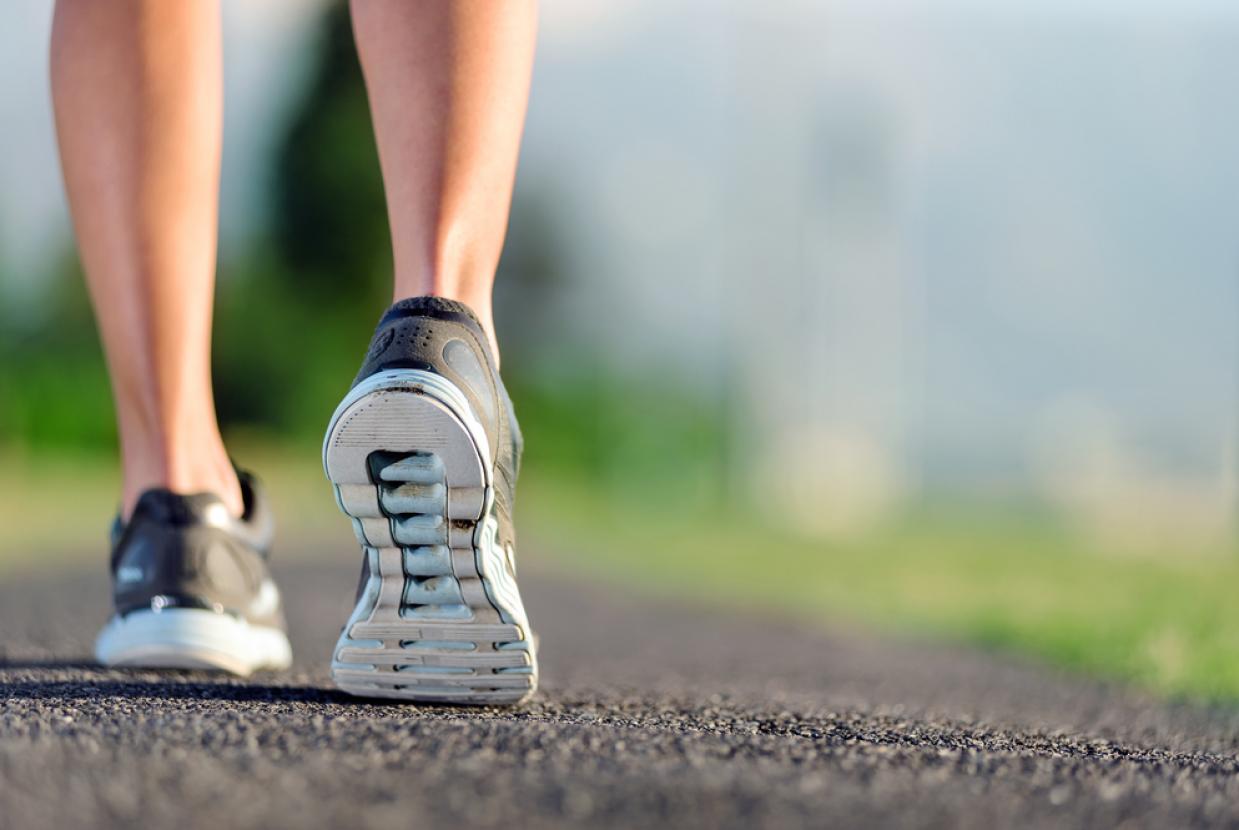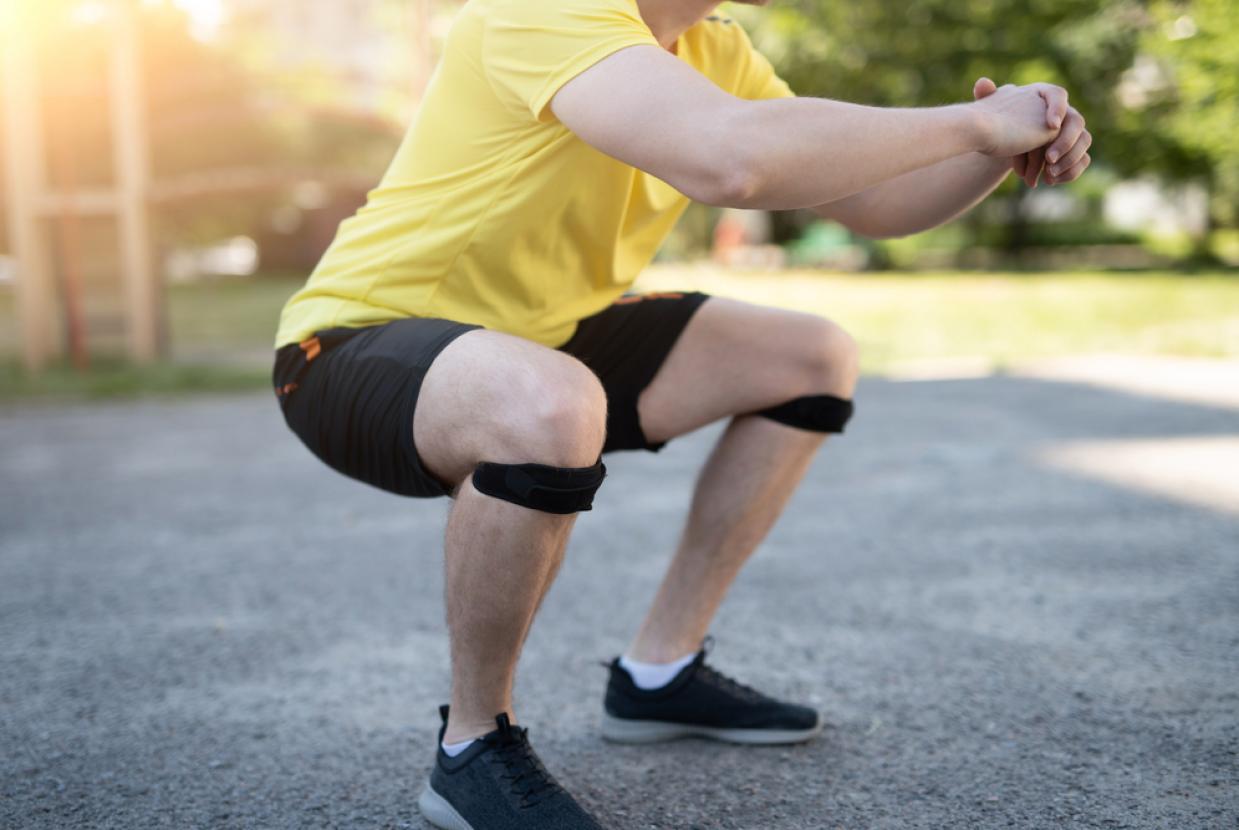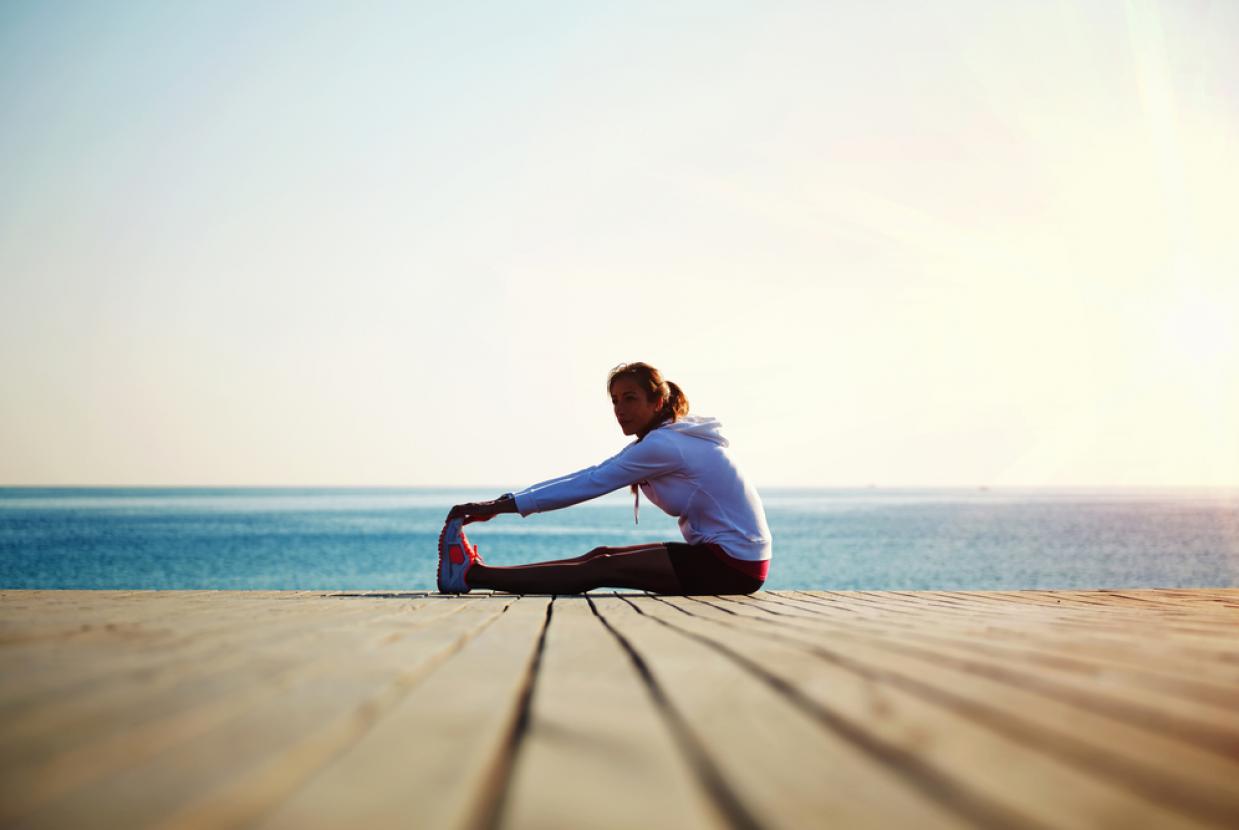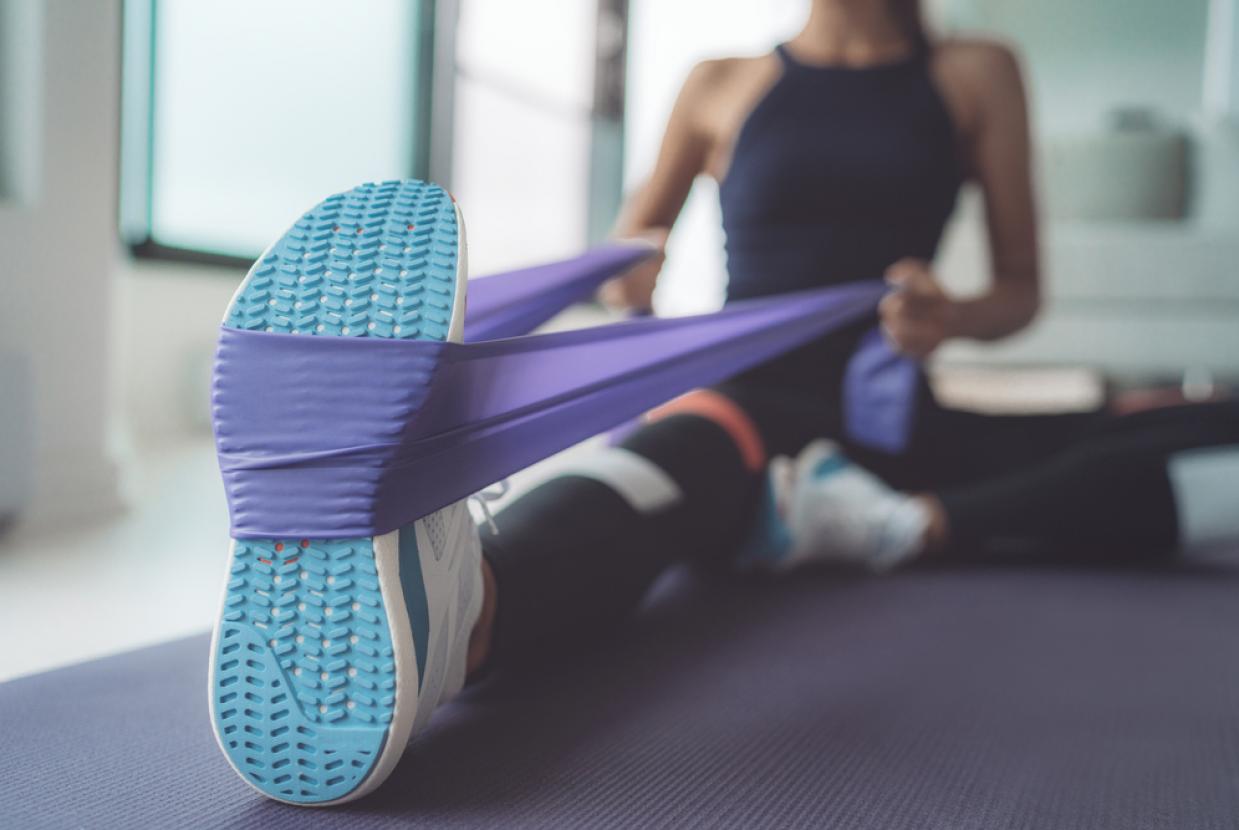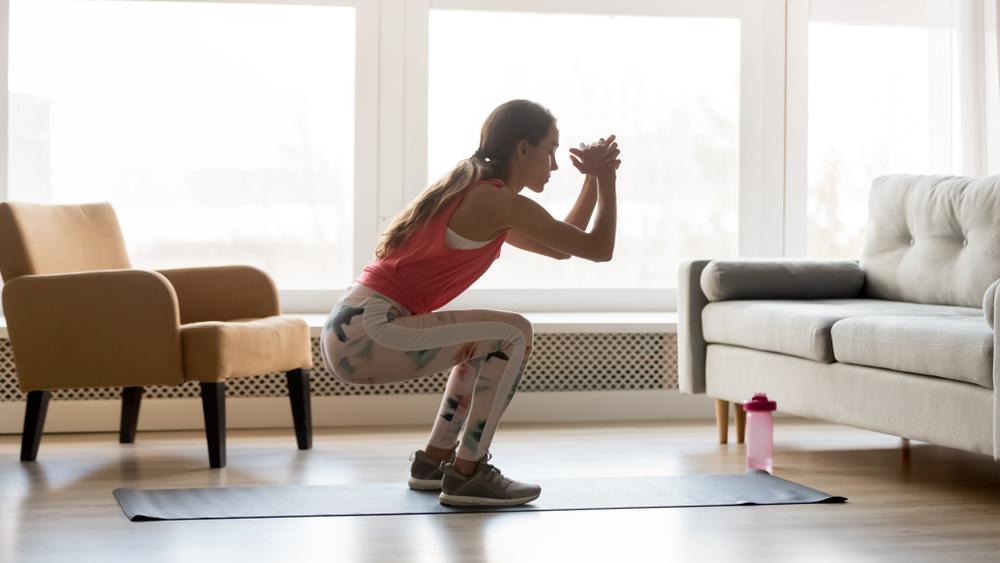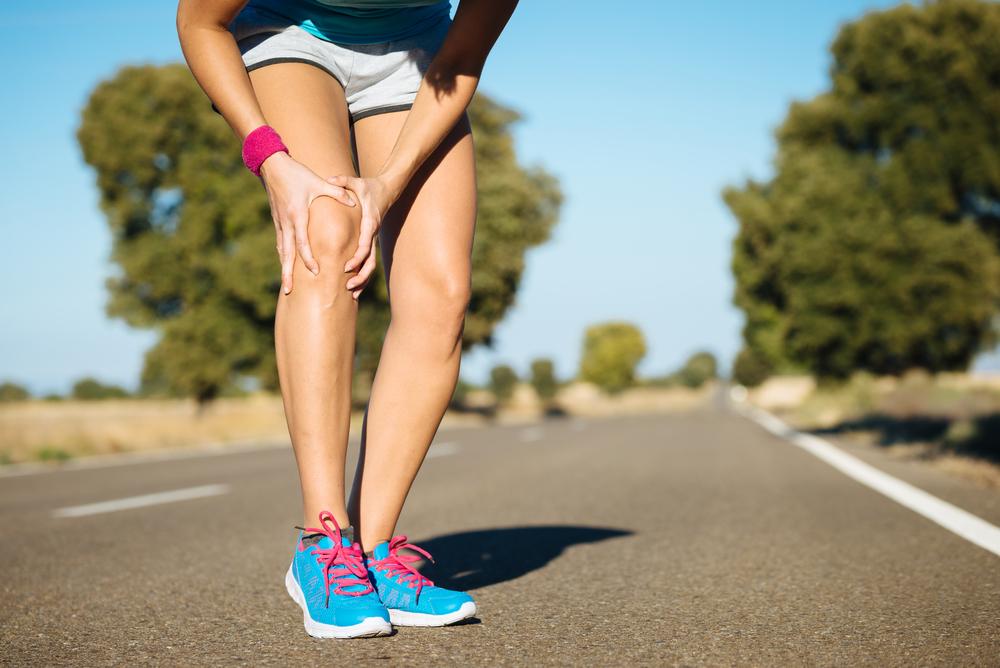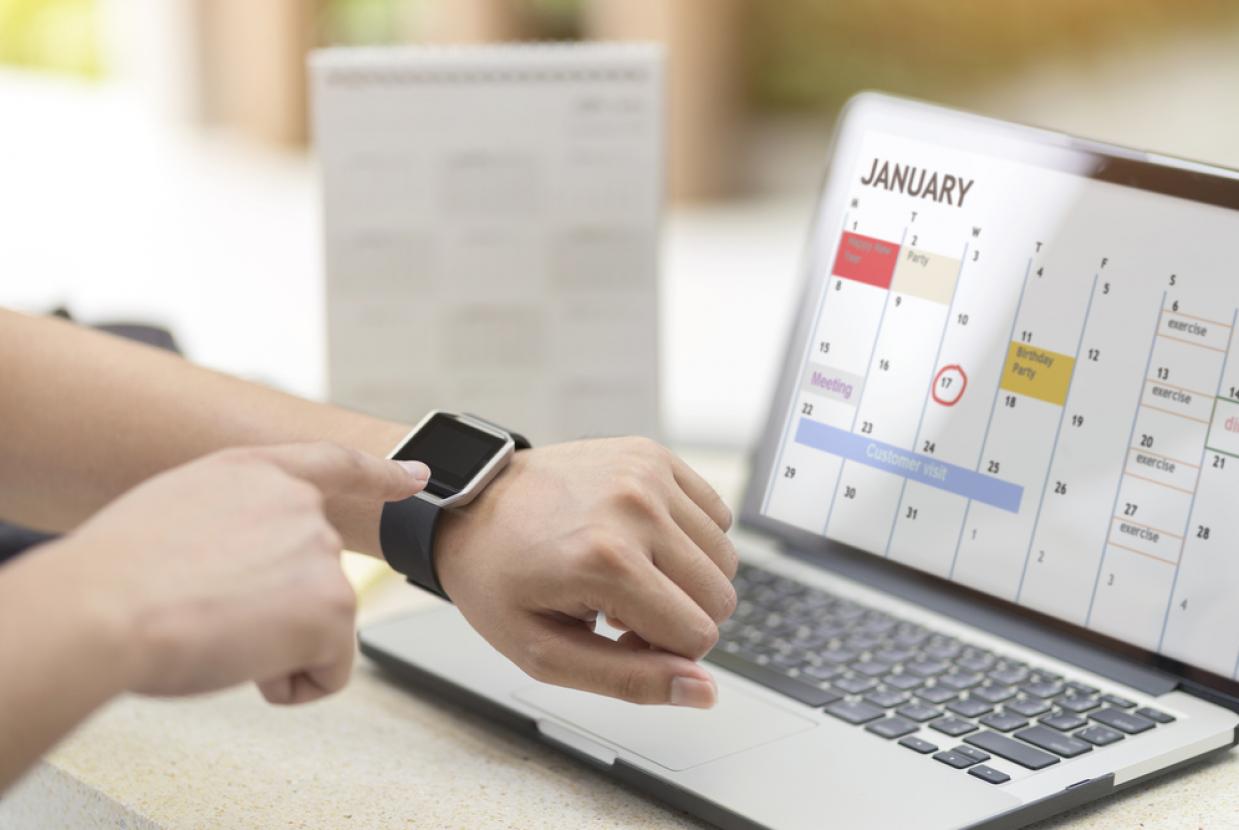Every move counts towards better health – says WHO
Get Fit / Healthy WeightAt a time when many people are home bound due to COVID-19, new WHO Guidelines on physical activity and sedentary behaviour, launched today, emphasize that everyone, of all ages and abilities, can be physically active and that every type of movement counts.
The new guidelines recommend at least 150 to 300 minutes of moderate to vigorous aerobic activity per week for all adults, including people living with chronic conditions or disability, and an average of 60 minutes per day for children and adolescents.
WHO statistics show that one in four adults, and four out of five adolescents, do not get enough physical activity. Globally this is estimated to cost US$54 billion in direct health care and another US$14 billion to lost productivity.
The guidelines encourage women to maintain regular physical activity throughout pregnancy and post-delivery. They also highlight the valuable health benefits of physical activity for people living with disabilities.
Older adults (aged 65 years or older) are advised to add activities which emphasize balance and coordination, as well as muscle strengthening, to help prevent falls and improve health.
Regular physical activity is key to preventing and helping to manage heart disease, type-2 diabetes, and cancer, as well as reducing symptoms of depression and anxiety, reducing cognitive decline, improving memory and boosting brain health.
“Being physically active is critical for health and well-being – it can help to add years to life and life to years,” said WHO Director-General Dr Tedros Adhanom Ghebreyesus. “Every move counts, especially now as we manage the constraints of the COVID-19 pandemic. We must all move every day – safely and creatively.”
All physical activity is beneficial and can be done as part of work, sport and leisure or transport (walking, wheeling and cycling), but also through dance, play and everyday household tasks, like gardening and cleaning.
“Physical activity of any type, and any duration can improve health and wellbeing, but more is always better,” said Dr Ruediger Krech, Director of Health Promotion, World Health Organization, “and if you must spend a lot of time sitting still, whether at work or school, you should do more physical activity to counter the harmful effects of sedentary behaviour.”
“These new guidelines highlight how important being active is for our hearts, bodies and minds, and how the favourable outcomes benefit everyone, of all ages and abilities”, said Dr Fiona Bull, Head of the Physical Activity Unit which led the development of the new WHO guidelines.




